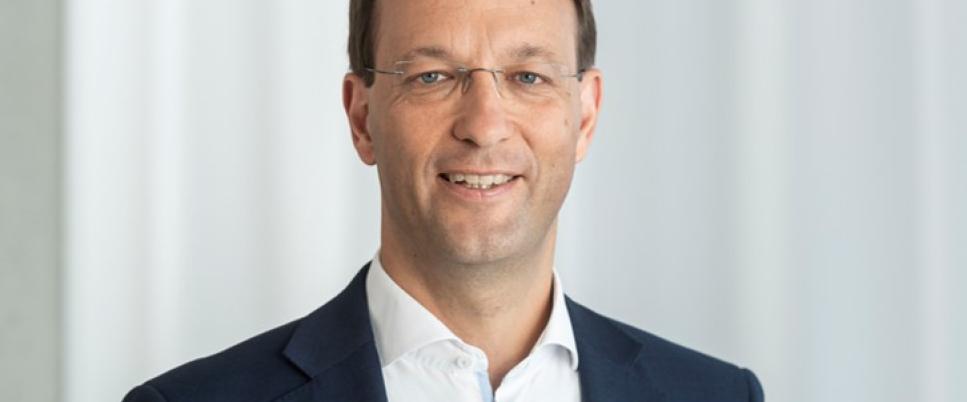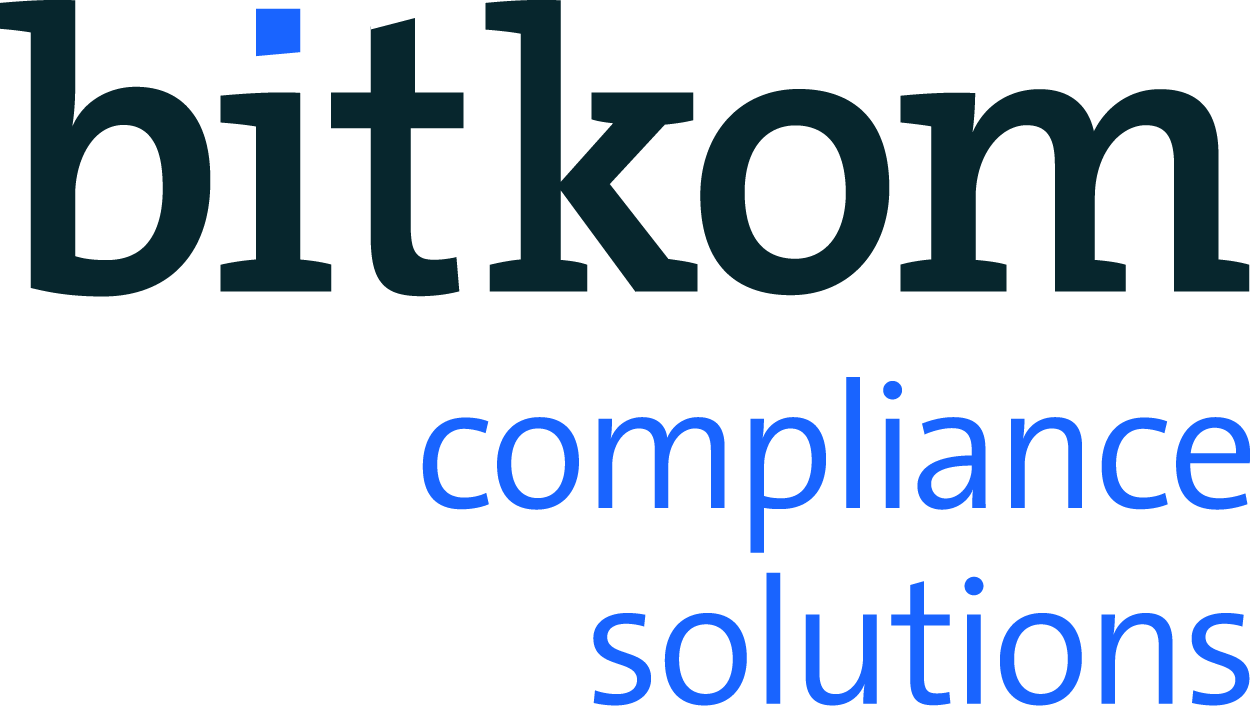
What stiftung ear says about BattG2 and ElektroG3 – Interview with board member Alexander Goldberg
This turn of the year creates an important momentum for manufacturers of batteries and electrical appliances. On the one hand, the transitional period in the Battery Act for registering with the stiftung elektro-altgeräte register ends. For just under a year, the ear Foundation has also been entrusted with sovereign tasks under the BattG. On the other hand, the new Electrical and Electronic Equipment Act will come into force in 2022.
We took stock of the BattG with ear board member Alexander Goldberg, discussed ElektroG changes such as the B2B take-back concept and the challenges with so-called letterbox companies.
One year BattG2
What were the biggest challenges in the changeover to the new BattG2?
"As a joint body of the manufacturers, we have taken on new sovereign tasks from the German Battery Act: To register manufacturers and to approve the self-recovery systems. We have provided comprehensive information about this through a wide variety of channels.
And yet, the biggest challenge we face are those who wait and postpone their registration until the end of the transition period. Currently, about 4,000 manufacturers are registered and about 15,800 registrations have been made. But we assume that the majority is still waiting and will come just before the end."
What do manufacturers still have to consider with regard to the transition period until 31.12.2021?
"Manufacturers must be aware that their registration with the Federal Environment Agency will no longer be valid. In concrete terms, this means that from 1 January 2022, all manufacturers must be registered with the ear Foundation in order to be allowed to market batteries or accumulators in Germany at all. You have to think of it as a barrier that will only be lifted once you are properly registered.
Other duly registered competitors could use the lack of registration of the competition to their advantage and bring about warnings or injunctions. That is the danger that is in the room for these manufacturers."
When is the release of the battery take-back systems planned?
"We have received various applications and have already issued four permits. We assume that the remaining applications will also be approved by the end of the year. We pay particular attention to the fact that the achievement of the required collection quantities is sufficiently substantiated by expert opinions within the scope of the approval of the self-recovery systems."
Amendment ElektroG3
To what extent is the deposit of the B2B take-back concept envisaged?
"From 1 January 2022, manufacturers of B2B electrical appliances, i.e. electrical appliances used exclusively in households other than private households or not usually used in private households, must include a take-back concept with their registration application in addition to the credible evidence already known today. For existing B2B registrations, a transitional period until 30.6.2022 has been granted. The purpose of this legal requirement of the new ElektroG3 is to raise the awareness of B2B manufacturers with regard to their take-back obligations and ultimately to achieve an increase in the collection volume of B2B WEEE.
In the EDP application of the ear portal, there will be free text fields for this purpose, in which the following things must be indicated: the information on setting up return facilities; the name and address of the third party, in the case of commissioning a third party and the possibility for end users to access the return facilities."
Is the information about the take-back concepts of the manufacturers published?
"No, as the law currently stands, it will not be made public."
What happens if no take-back concept is deposited?
"From 1.1. 2022, theoretically, no more approvals may be granted for B2B registrations. And even in the case of existing registrations, it will be the case that manufacturers will be consulted if the take-back concept is not supplemented when the transition period expires on 30.06.2022. In the worst case, the registration for these electrical appliances can then be revoked."
What is the expectation for new registration applications, also with regard to marketplace operators?
"First of all, we have to make a distinction here between marketplace operators who place devices on the market themselves and are therefore manufacturers and between marketplace operators who act purely as operators of an online platform.
We have noticed that the inspection obligation for online platforms, which will actually only come into force from 1.1.2023, is already having its first effects today. Already more than 11,200 registrations of a single market participant have been received and granted. In addition, the number of registrations of authorised representatives for foreign manufacturers in 2021 has already risen to over 6,500 - compared to 4,500 in 2020 and 3,500 in 2019. To be able to classify this figure, it is important to know that we have a total volume of around 23,800 registrations for 2021 so far.
Already for next year we expect more than 100,000 registrations, of which the majority should be registrations of agents for foreign manufacturers. We will see whether this is true. At the moment we don't have any empirical data on this and the market participants don't have any exact figures yet either."
How do you deal with shell companies representing foreign companies as agents?
"What we are experiencing more often at the moment is that a person is appointed as a proxy who is not based in Germany but in China, for example, but this is concealed from us. In addition, some of them do not have sufficient expertise to carry out their duties properly. But this contradicts the meaning of the law. National authorisation must function reliably and sustainably in order to ultimately ensure efficient enforcement of the law and to ensure that all producer obligations are fulfilled by the authorised representative.
In any case, we recommend that foreign manufacturers get a good picture of their business partner themselves. However, this also applies to online platforms when they recommend an authorised representative for registration to their Marketplace customers so that they are allowed to sell via the platforms and there are no nasty surprises.
We already recognise these illegal cases today with authorised representatives who are actually established abroad. However, with the ElektroG2 we have hardly any legal means of proceeding against such cases. The new ElektroG3 gives us more leeway with the new authorisation procedure for authorised representatives. Next year, we will have the possibility to establish new assessment criteria for this and to check them from 1 January 2023 when authorising authorised representatives, e.g. whether they have the necessary reliability, equipment and organisation."
What happens to the authorised representatives who already have more than 20 registrations at the same time for foreign clients?
"The same authorisation procedure will also be applied from 1.1.2023 to authorised representatives already active on the market today as will then be applied to all new authorised representatives entering the market."
The interview was originally conducted with Alexander Goldberg, Member of the Board of the stiftung elektro-altgeräte register and was translated into English.
